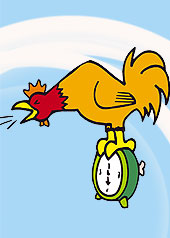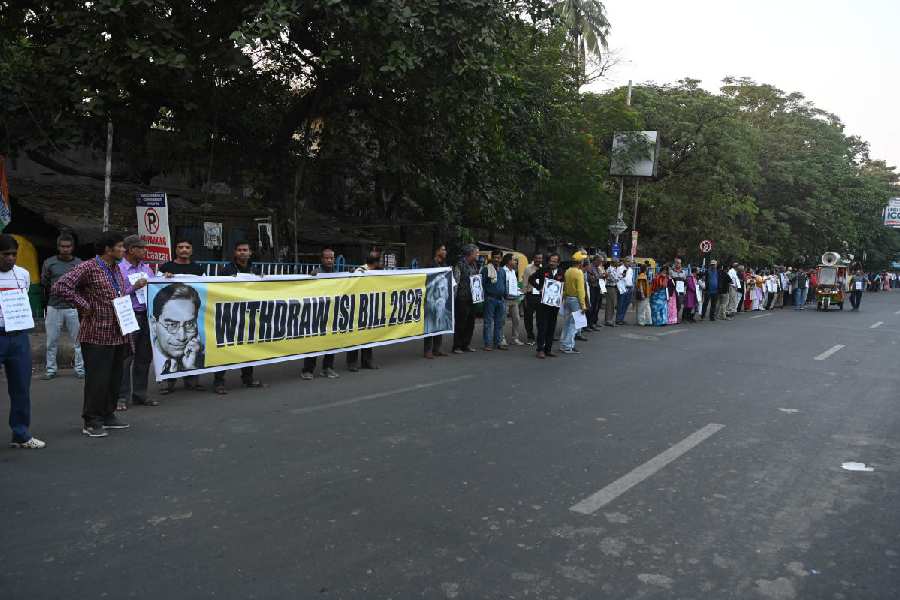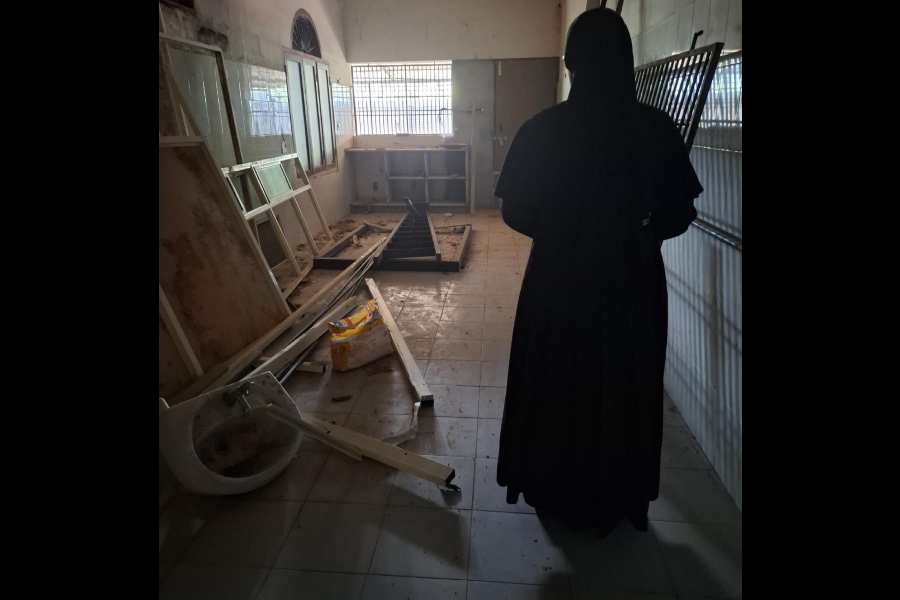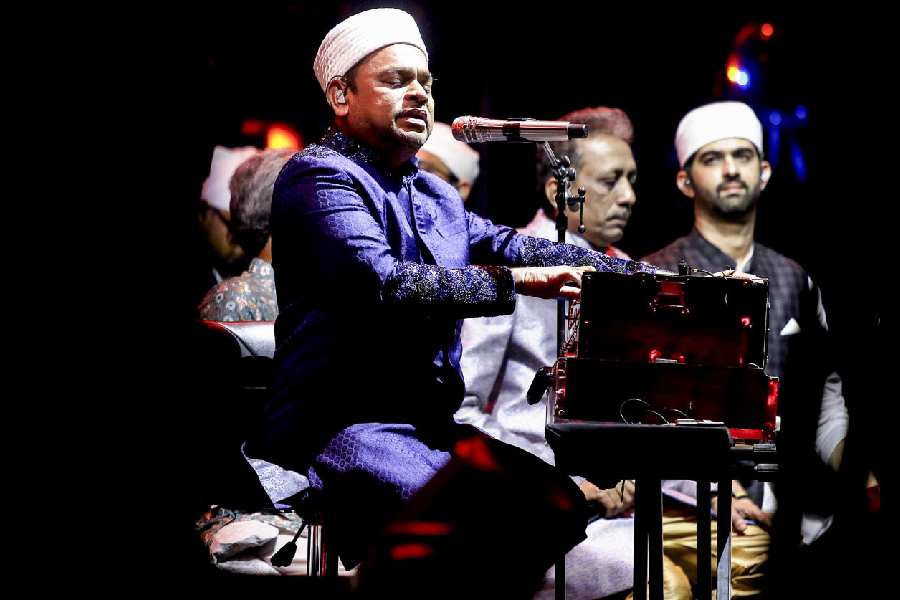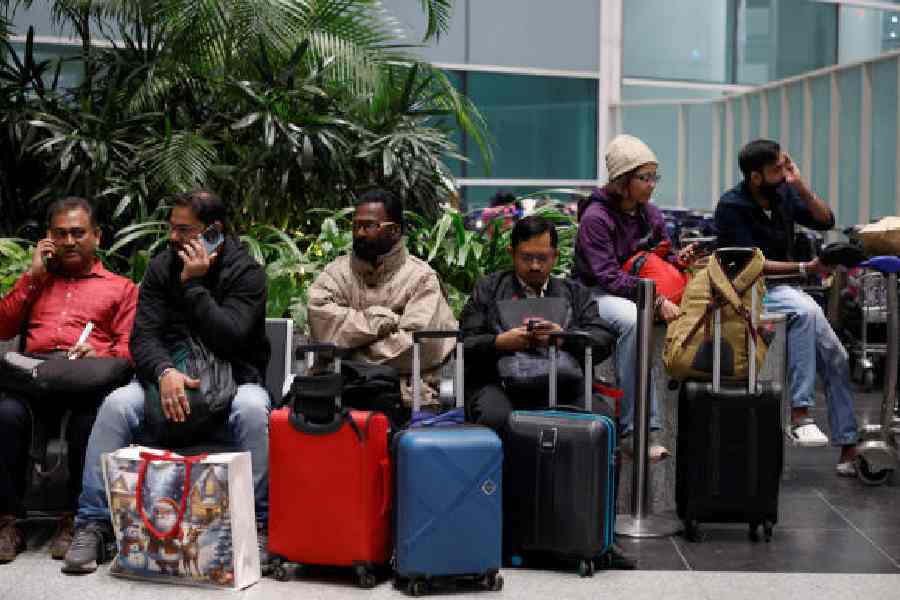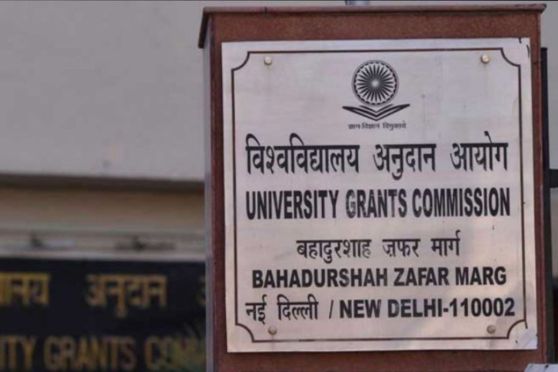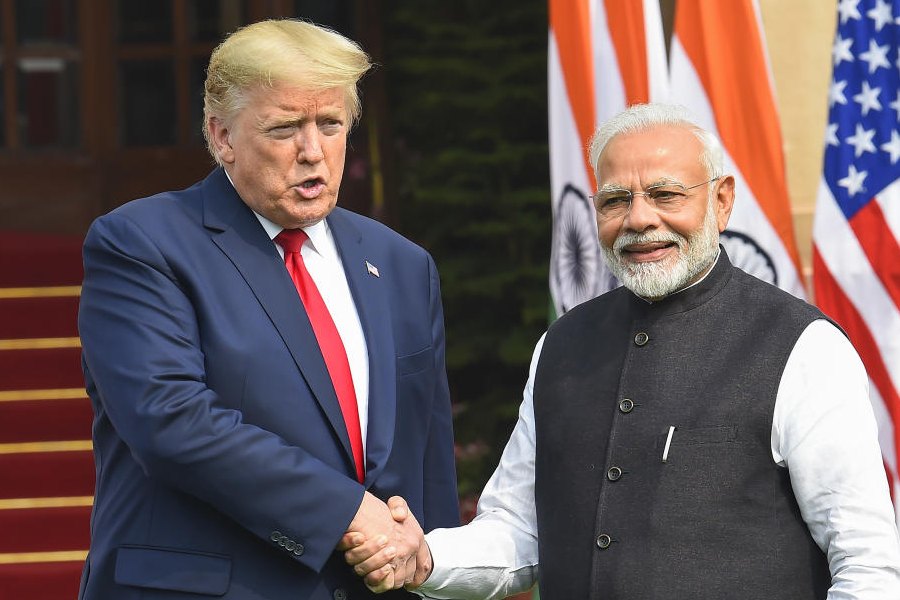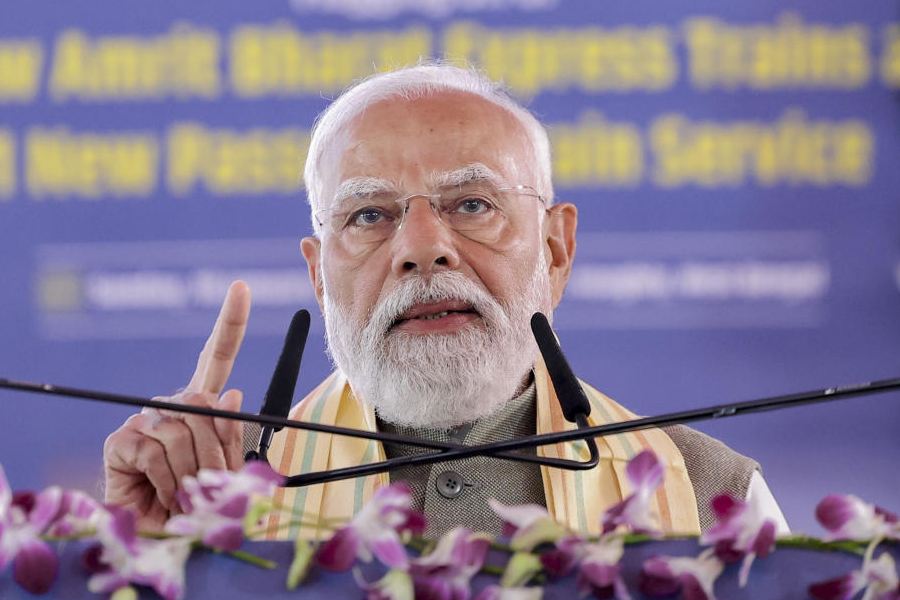 |
KnowHow team explains: The rooster is often (accurately) pictured in art as crowing at the break of dawn. He can often be seen sitting on fence posts or other objects, where he crows to proclaim his territory.
However, it is not just roosters who crow at dawn. The majority of birds take part in what is known as the dawn chorus. The singing is probably largely territorial. For about half an hour around sunrise, more birds will be singing than at any other time of the day, to mark out their specific territories. The average domestic rooster’s crow is considerably louder than other birds’ calls and is therefore most audible at dawn.
Roosters crow throughout the day, although this tends to be more vigorous at dawn and decreases from late afternoon onwards. They have been observed crowing as late as 5.30 pm, but the crowing always begins at or just before the crack of dawn. Roosters are highly territorial birds, and the crowing is an instinctive response to the call of wild birds, as well as showing off to the hens in the coop.
Moreover, roosters can also be heard crowing in the middle of a bright moonlit night. In places like Alaska and Norway, where the 24-hour day and night pattern takes the shape of a six-month day and six-month night routine, things can be confusing for these birds. “Some people put roosters away, usually at night so they can get some sleep,” says a resident of Oslo, Norway. “Roosters can crow all day and night as long as there’s light outside.”
Singing the dawn chorus seems to be programmed into the bird’s biological clock, as light-proofing and sound-proofing their coops are only partially successful in preventing it.
But there is also an instinctive component, as roosters (and other birds) let loose the dawn chorus during the false dawn following a total eclipse of the sun. They do this regardless of the time of day at which the eclipse takes place.
The question was sent by Saugata Bhaduri via email

